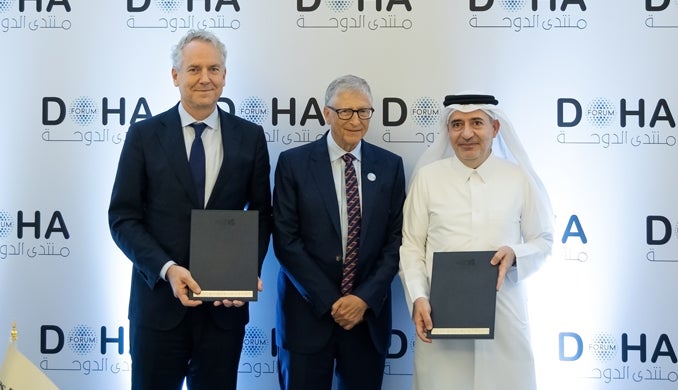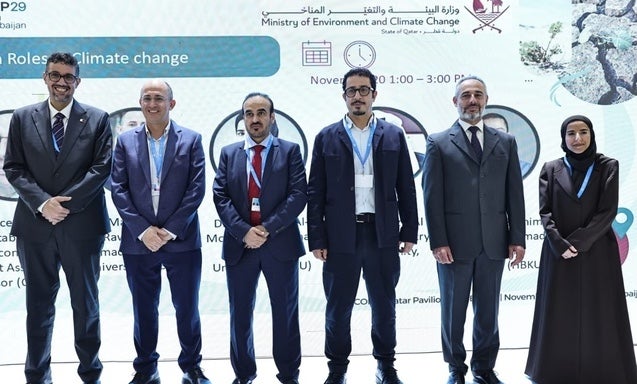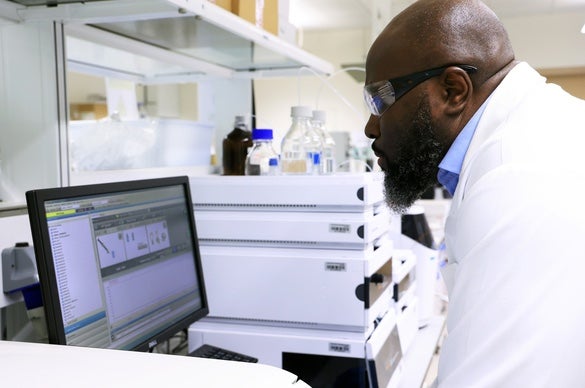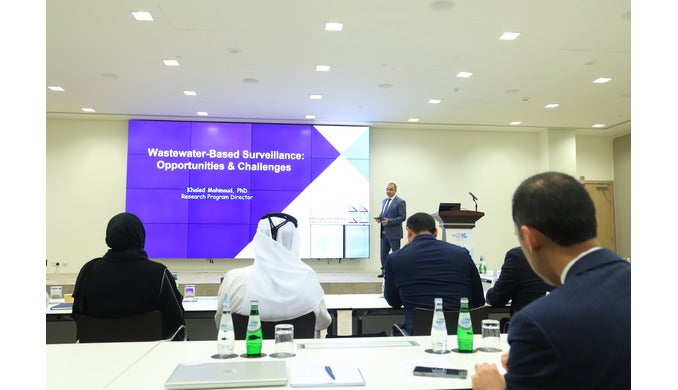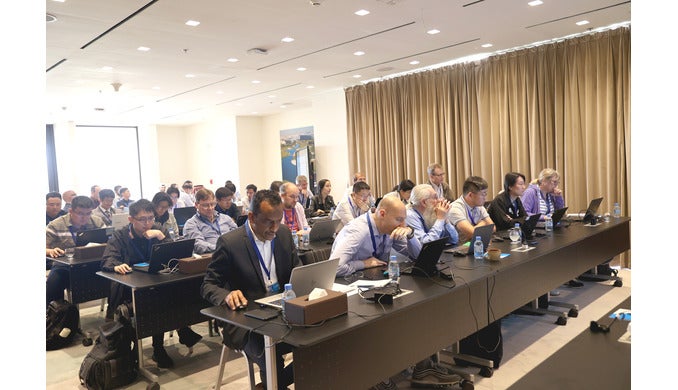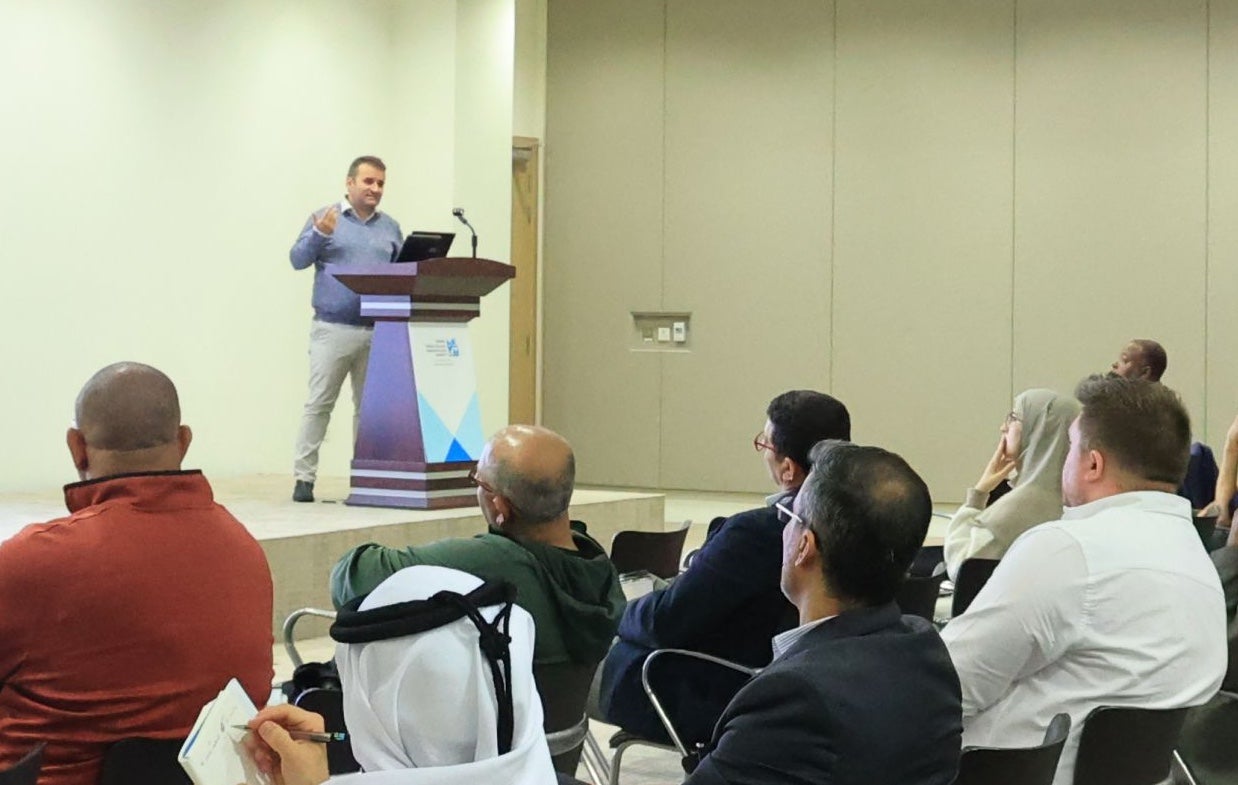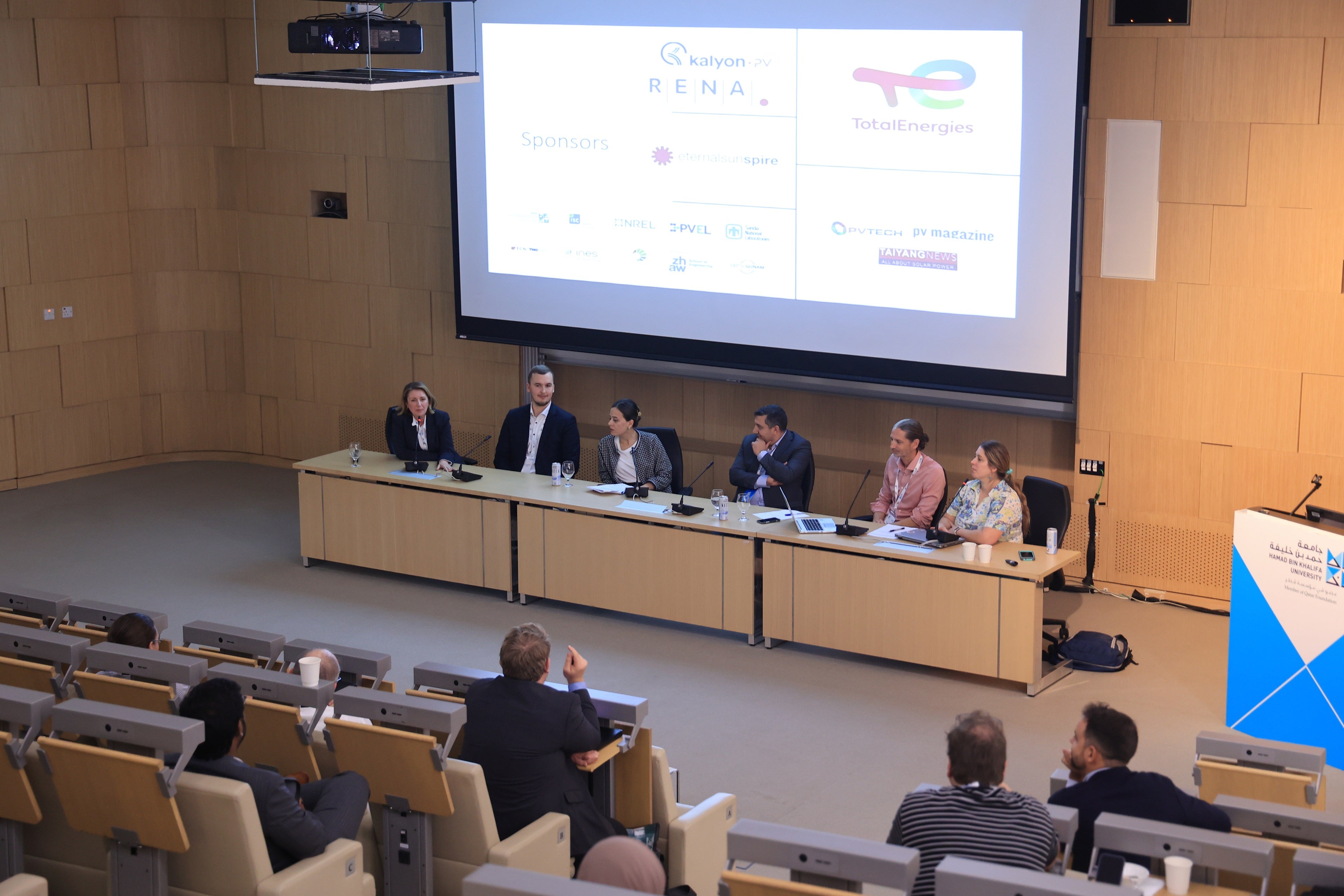Hybrid event explored dual challenges of food production and environmental protection in an ever-changing word
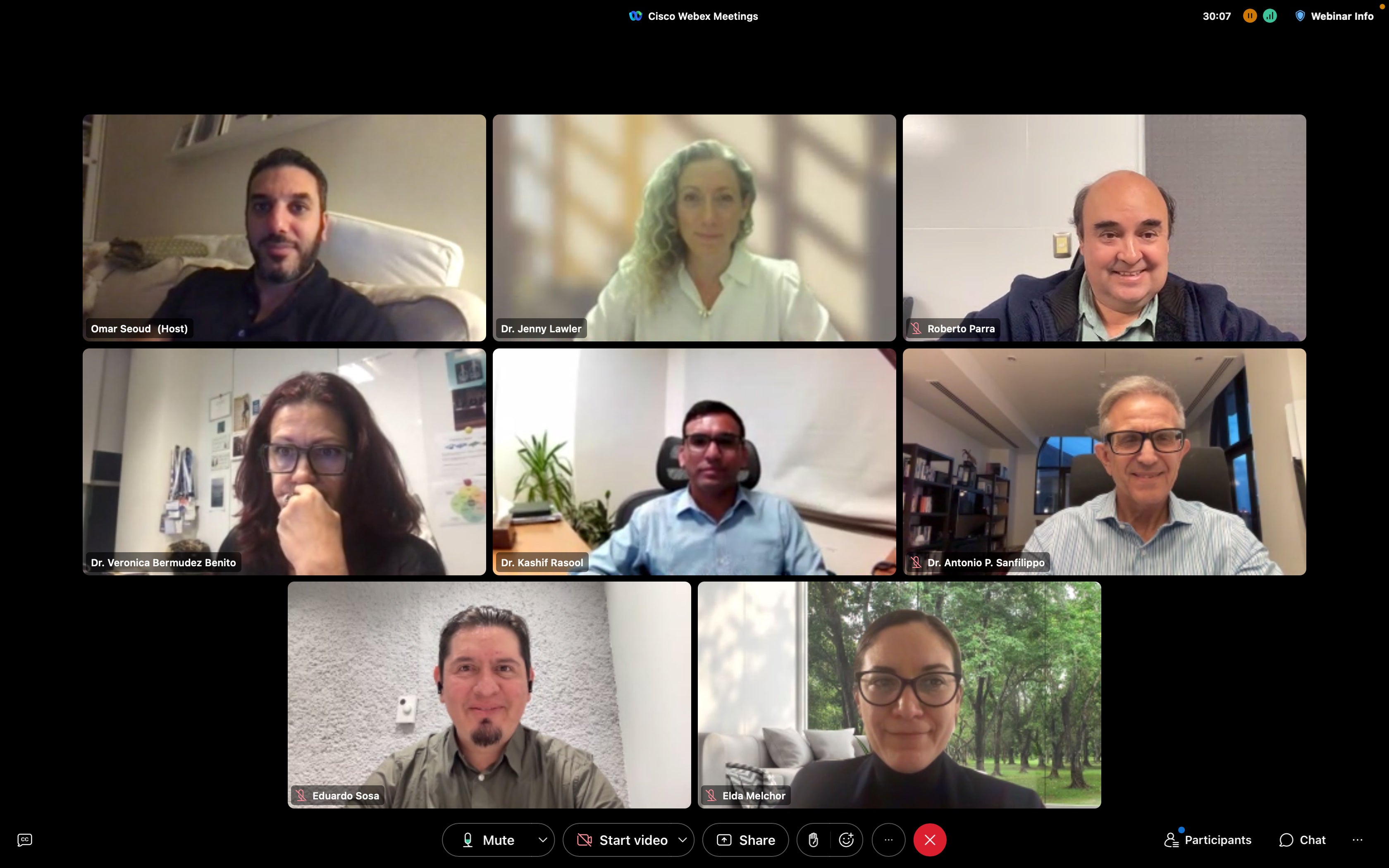
The challenges posed by climate change and a rapidly growing global population provided the backdrop for a recent webinar organized by Hamad Bin Khalifa University’s (HBKU) Qatar Environment and Energy Research Institute (QEERI).
Featuring esteemed experts from QEERI and the Tecnológico de Monterrey, Mexico, Environmental Sustainability of the Agri-Food Sector, explored the critical intersection between environmental preservation and food production in an ever-changing world. An audience composed of academics, public and private sector professionals discussed an array of topics that reflect the increasingly intricate relationship between water, energy, and food. The webinar also provided opportunities for participants to explore cooperation and share cutting-edge research and practices geared towards creating an equitable and sustainable agri-food sector. As a first initiative and part of QEERI's involvement at Expo Doha 2023, the event was live-streamed directly from the Qatar Foundation Pavilion.
Speaking after the conclusion of the webinar, Dr. Jenny Lawler, Senior Research Director at the Water Center, QEERI, said: “The overarching theme and issues discussed at this event reflect that the agri-food sector is at a critical juncture. On the one hand, it continues to meet growing global demand for food, while on the other, it is increasingly expected to contribute to environmental conservation. Our webinar provided a broad array of research ideas and developments that encourage the development of a food sector capable of nourishing both people and the planet.”
The "Environmental Sustainability of the Agri-Food Sector" workshop yielded significant insights and recommendations across various domains. Dr. Verónica Bermúdez Benito, Senior Research Director at the Energy Center at QEERI, showcased Agrivoltaics in Arid Regions, demonstrating a 70% increase in land use efficiency. The recommendation is to implement these systems in arid regions, promoting shade-tolerant crops and solar-generated electricity.
Dr. J. Eduardo Sosa Hernández, Research Professor at Tecnológico de Monterrey, presented Water-Based Surveillance for Food Production Chain Security, emphasizing molecular biology-based technologies for pathogen detection. The recommendation is to develop policies for widespread adoption, enhancing food safety.
Dr. Jenny Lawler, emphasized the potential of treating produced water from gas fields for irrigation. The workshop recommends advocating for efficient water treatment processes and policies promoting its use in agriculture.
Dr. Roberto Parra Saldívar, Research Professor at Tecnológico de Monterrey introduced Innovative Approaches in Food Security, advocating for the integration of diverse strategies into national and international policies to reduce waste and promote sustainable food production.
Dr. Kashif Rasool, Scientist at the Environment and Sustainability Center at QEERI, focused on advancing animal feed from agro-industrial waste through microbial protein research. The recommendation is to support research initiatives and policies optimizing microbial protein generation from waste sources.
Dr. Elda M. Melchor Martínez, Research Professor at Tecnológico de Monterrey, highlighted the value of Sargassum biomass in shrimp diets for aquaculture. The recommendation is to encourage its inclusion through policies promoting sustainable and nutritious ingredients.
Dr. Antonio Sanfilippo, Senior Scientist at the Energy Center at QEERI, explored optimizing crop yields in hot desert climates through indoor farming practices. The recommendation involves developing policies supporting the adoption of indoor farming practices and optimizing energy use in agriculture.
In conclusion, the workshop stresses the importance of a comprehensive approach. Recommendations encompass technology, research, and policy advocacy, emphasizing collaborative efforts for a sustainable future in global agriculture.
The Qatar Environment & Energy Research Institute (QEERI), part of Hamad Bin Khalifa University (HBKU), is a national research institute tasked with supporting Qatar in addressing its grand challenges related to energy, water, and environment. Through its experienced scientists, engineers, and technicians supported by its focused management and operations teams, working within its world-class indoor and outdoor facilities aims to make a lasting positive impact on Qatar and the region.




